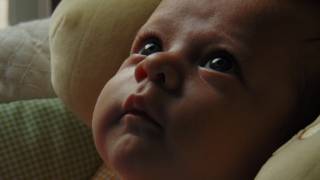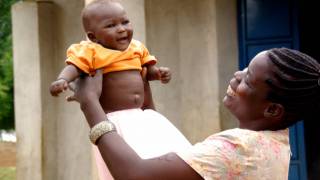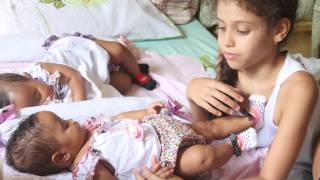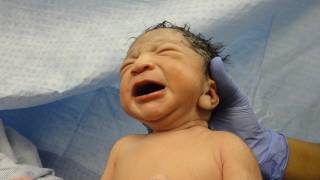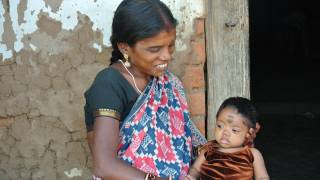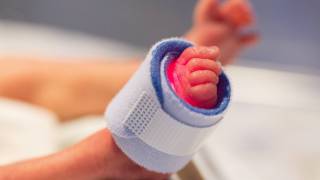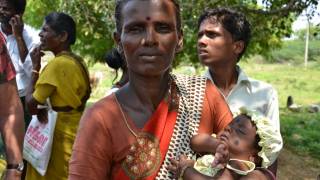Rotavirus Vaccines Continue Delivering Value

Evidence from this large post-licensure study of rotavirus vaccine performance in the United States from 2010 to 2016 suggests that RotaTeq (RV5) and Rotarix (RV1) rotavirus vaccines continue to perform well.
These rotavirus vaccines helped prevent inpatient visits and severe infections among younger children, according to this study published on September 27, 2019, in JAMA.
The New Vaccine Surveillance Network (NVSN) has continuously monitored the effects and effectiveness of licensed rotavirus vaccines since the recommendation for universal US infant rotavirus vaccination by the Advisory Committee on Immunization Practices (ACIP).
These live, attenuated, oral vaccines RotaTeq and Rotarix have performed well in pre-licensure clinical trials, and were recommended by the ACIP in 2006 and 2008, respectively.
In this new post-market study, among 1,193 rotavirus-positive cases and 9,620 rotavirus-negative controls in this study, at least 1 dose of any rotavirus vaccine was 82% protective against rotavirus-associated inpatient visits.
And, the vaccines were 75 percent protective against rotavirus-associated ED visits.
Rotavirus vaccine effectiveness was highest in preventing the most severe cases of rotavirus gastroenteritis, and even 1 dose of rotavirus vaccine appeared to be associated with less severe outcomes.
Furthermore, there was not a statistically significant difference during this 7-year period observed for either rotavirus vaccine.
‘Unbiased assessments of rotavirus vaccine effectiveness are important to maintain public confidence in the US rotavirus immunization policy, said these researchers.
‘Furthermore, rigorous US vaccine performance assessments inform and influence policymakers throughout the world on the initiation and continuation of their own rotavirus vaccination programs.’
‘Our analyses demonstrate that relying only on rotavirus test-positive surveillance data, without considering the underlying factors of age and clinical severity, could potentially misgauge the true measurements of rotavirus vaccine performance,’ concluded these researchers.
Active, prospective surveillance through NVSN is funded by the US Centers for Disease Control and Prevention, and methods have been previously published.
No researcher conflicts of interest were disclosed.
Vaccine information published by Precision Vaccinations
Our Trust Standards: Medical Advisory Committee









